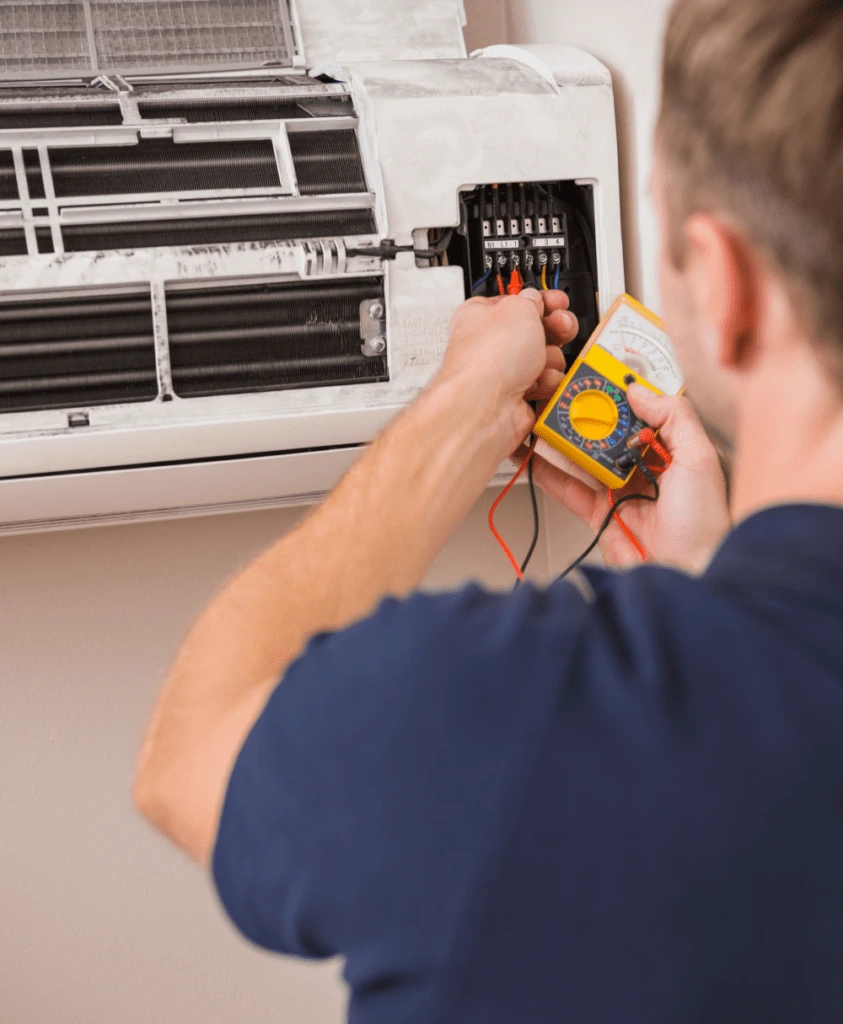
When your air conditioning system breaks down, understanding the potential costs of repairs can help you make informed decisions. In Florida, where air conditioning is essential for comfort year-round, knowing what to expect can prepare you for any necessary repairs. Here’s a breakdown of what you might encounter regarding AC repair costs.
Factors Affecting AC Repair Costs
- Type of Problem: The nature of the issue with your AC system significantly influences repair costs. Common problems include refrigerant leaks, faulty compressors, broken thermostats, and clogged filters. More complex issues, such as those involving the electrical components or major parts like the condenser or evaporator coil, can be more expensive to fix.
- Age of the System: Older AC units may require more frequent repairs and might cost more to fix. Parts for older models can be harder to find, and the system itself may be less efficient, leading to higher labor costs. Sometimes, repairing an old unit may not be cost-effective compared to replacing it with a new one.
- Labor Costs: HVAC technicians charge varying rates depending on their expertise and the local market. Labor costs typically include diagnostic fees and the time required to perform the repairs. In Florida, where demand for HVAC services can be high, labor costs might be higher compared to other regions.
- Parts and Materials: The cost of replacement parts and materials can vary greatly. Standard parts are generally less expensive, while specialized or high-efficiency components may cost more. If your repair requires unique or high-end parts, expect the overall cost to rise accordingly.
- Emergency Repairs: If your AC breaks down during off-hours or requires urgent attention, you might face additional charges for emergency services. These costs can be significantly higher than regular service fees due to the immediate response required.
Typical Repair Costs
- Minor Repairs: Issues such as a clogged filter, thermostat calibration, or minor leaks can cost anywhere from $100 to $300.
- Moderate Repairs: Repairs involving components like the capacitor, contactor, or small refrigerant issues usually range from $300 to $600.
- Major Repairs: More significant repairs, such as those involving the compressor or major refrigerant leaks, can cost between $600 and $1,200 or more, depending on the extent of the damage and the parts required.
Tips for Managing AC Repair Costs
- Regular Maintenance: Preventative maintenance can help avoid major repairs and extend the lifespan of your AC unit. Regular inspections and servicing can catch potential issues early, preventing costly breakdowns.
- Get Multiple Quotes: If you’re facing a major repair, obtaining quotes from multiple HVAC contractors can help you compare costs and choose the best value for the repair work needed.
- Consider the Age of Your System: If your AC unit is over 10-15 years old and requires frequent repairs, it might be more cost-effective in the long run to replace it with a new, energy-efficient model.
Conclusion
Understanding the potential costs associated with AC repairs can help you budget and make informed decisions about your HVAC system. Regular maintenance and timely repairs can prevent more costly issues and ensure your system runs efficiently. If you need assistance with AC repairs or maintenance, consider reaching out to a trusted HVAC professional who can provide you with accurate estimates and quality service.